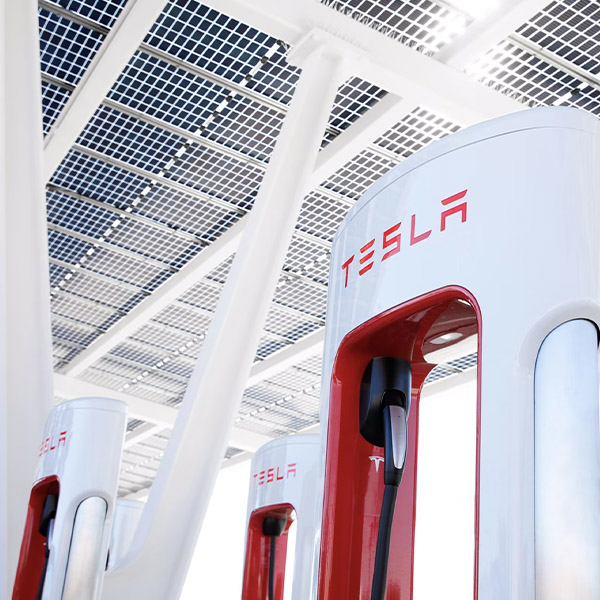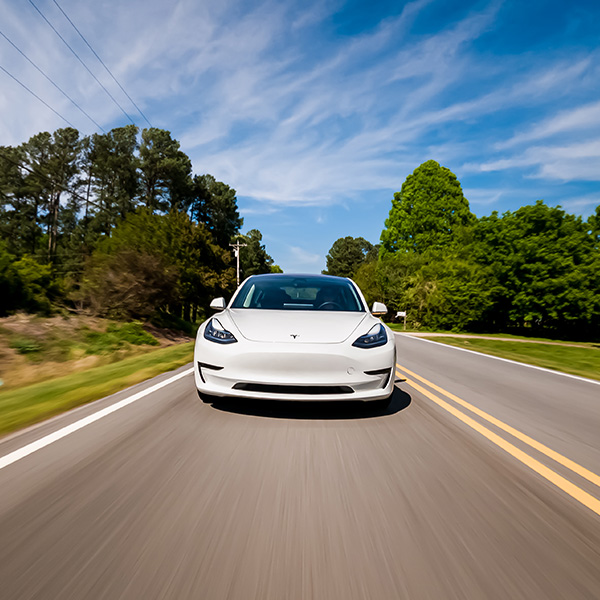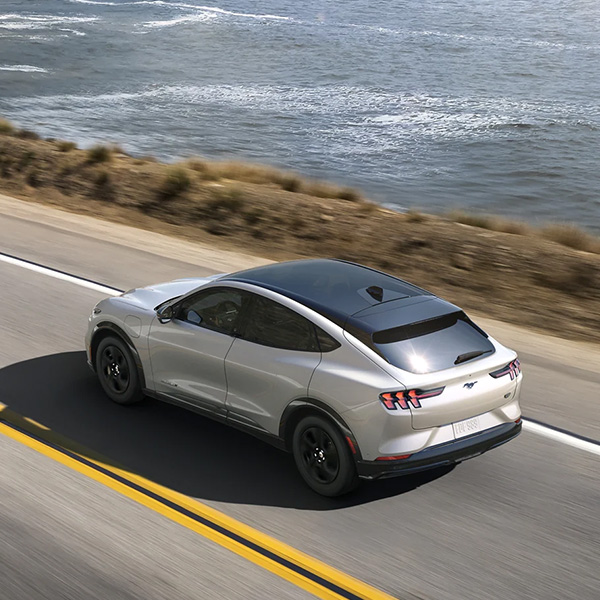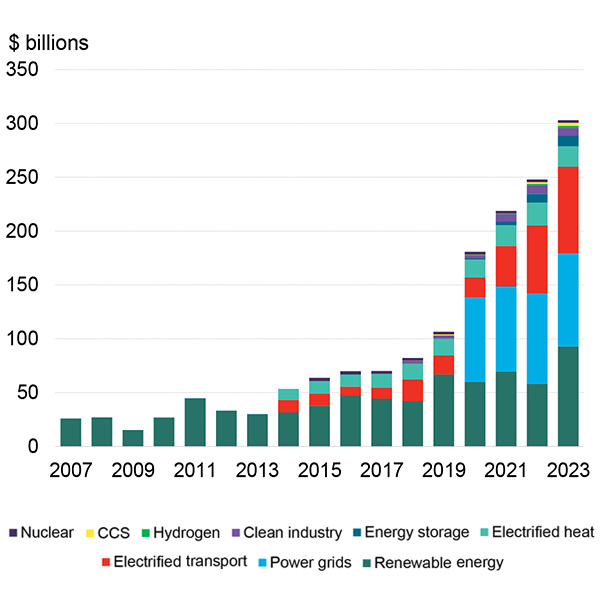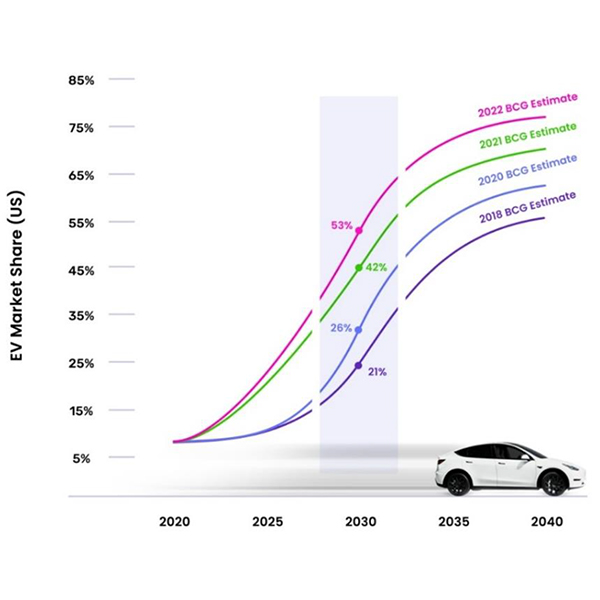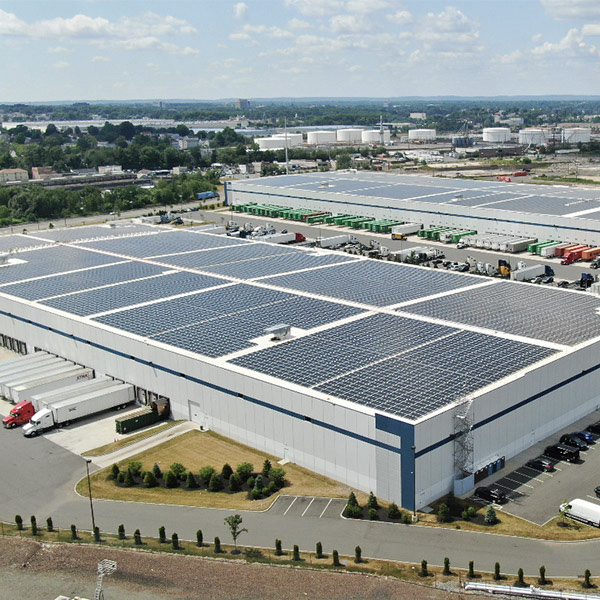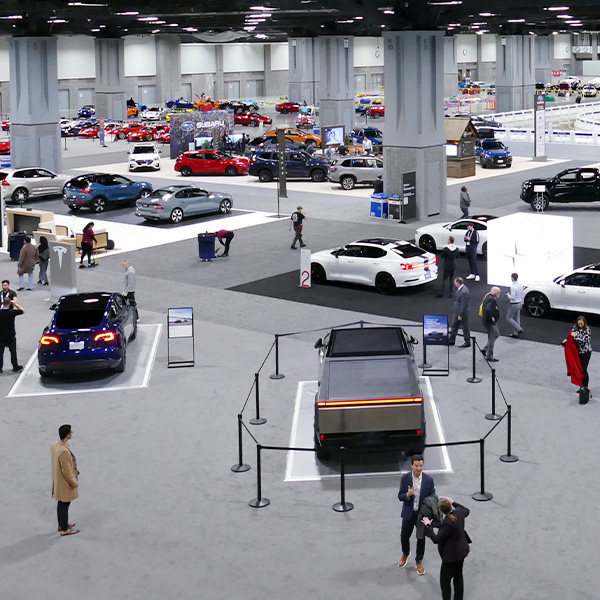Electric vehicles (EVs)
EPA's final rule on light-duty vehicle emissions aims to give the industry more time and flexibility on how to reach its ambitious targets.
California's charging network is getting a boost from two different directions: a state program aimed at providing high-density Level 2 chargers in underserved areas and the opening of Tesla’s charging network to non-Tesla vehicles.
New Jersey legislators sent a bill to the governor’s desk March 18 that would place a $250-a-year fee on zero emissions vehicles.
With site preparation now complete, Lithium Americas is estimating a three-year construction period at Thacker Pass, with the mine and plant producing at full capacity in 2028.
New Jersey’s Assembly Transportation and Independent Authorities Committee backed a bill that would levy a $250/year fee on EV registration beginning in July.
The momentum created by billions of dollars in federal incentives and tax credits has been tempered by supply chain constraints and the impacts of inflation and higher interest rates.
PJM's Planning Committee endorsed revised values for the installed reserve margin and forecast pool requirement used to calculate capacity procurement targets in the 2025/26 Base Residual Auction.
NERC warned that remaining industry “knowledge gaps” around electric vehicles and their charging systems may make it difficult for grid operators to maintain reliability.
A Senate committee endorsed a revision of how clean energy grid connections are funded and advanced bills to give tax credits to help install EV charging stations and retrofit warehouses for rooftop solar.
House Republicans debated Democrats over the Biden administration’s industrial policy and EV subsidies and performance.
Want more? Advanced Search

